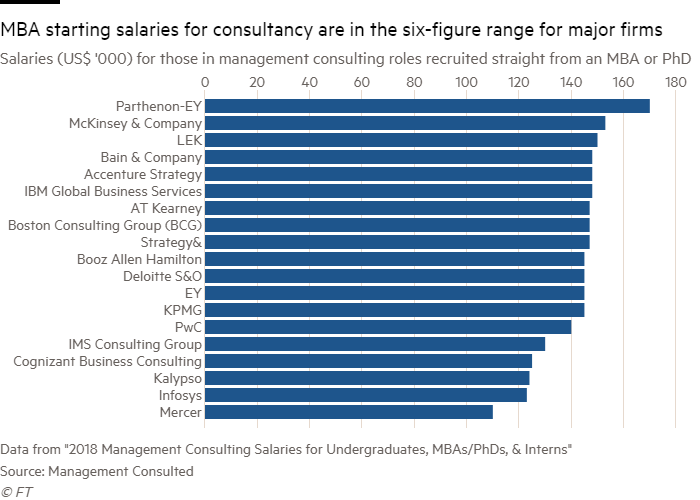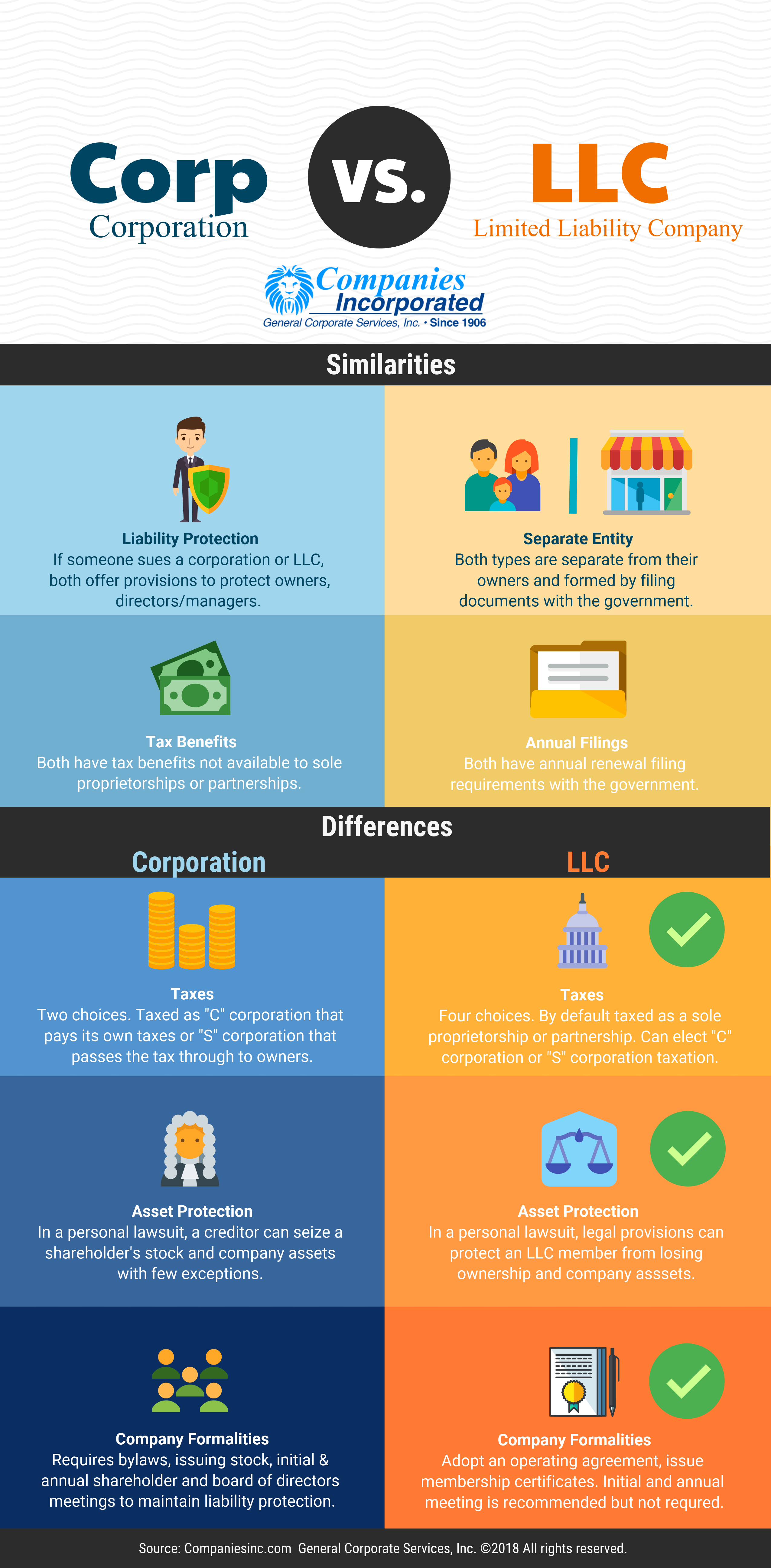
Graduate programme consulting firms offer many advantages. This article will explain the role, responsibilities, and salary of a graduate programme consultant. It will also discuss how to get into this type of consultancy and why it is such a popular career choice. This article will provide information about the salary range and job description of graduate programme consultants. These are just a few of the many benefits that come with working in a graduate-programme consulting firm. Continue reading for more information.
Benefits of consulting in graduate programmes
Among the many benefits of working in a graduate programme consulting are the opportunities to learn from experienced consultants, and to expand a company's expertise. As a graduate consultant, you can expect to be able to prepare briefing materials for consultants and conduct interviews with clients. They can gain practical experience and certifications to help them in their applications. Listed below are a few of the benefits of working in a graduate consultancy programme.

Networking opportunities - Graduate programmes often offer mentoring opportunities to help participants make connections within the organisation. Ben was paired with an experienced member of staff while he was in the graduate programme. This gave him valuable insight into a particular part of the business. In the same way, recent graduates are paired with their graduate counterparts by other employers. This helps them in their professional development and career advancement. The best part about graduate programs is the possibility to rotate within the organization, which can have a huge benefit over the long term.
Consultant for graduate programmes
Graduate consultants analyze financial data and identify ways to lower overheads and increase profit margins. They offer suggestions for ways to improve production and reduce costs. Graduate consultants provide guidance and assessment of the effectiveness of the strategies, as well as supervision of the implementation. Additionally, they conduct interviews to collect data. These tasks are essential for any business, especially in a competitive marketplace.
Graduate consultants are able to specialize in a variety of areas including IT, business, mathematics and other fields. A degree in a relevant subject such as economics, geography, geophysics, or business is usually enough, though a 2:1 is beneficial. A lot of people are looking for graduate trainees who have worked in the field. This gives them an advantage. They may also be eligible for jobs that are based upon certifications. This helps them stand out from their competition.
Salary of a graduate programme consultant
Salary for a graduate programme consultant is dependent on the country. Germany, for instance, pays 23% higher than the UK. The Middle East, however, only pays slightly more. However, UK graduates pay 45% less in taxes than those from other countries. This means that salaries in the UK are lower than elsewhere. This could be offset by UK consultants having greater access to top talent, and being able to attract top performers for much less.

Many graduate employers offer a range of benefits to graduates, including free breakfast and dinner, subsidised exercise classes, and Friday drinks. Graduates can also move into permanent employment, such as in management or technology consulting. Some graduate recruitment agencies offer flexible work arrangements and sabbaticals. Others, such as BCG, have a flexible leave policy and allow their consultants to work part-time during the week.
FAQ
What degree do I need to become a consultant?
You can become an expert in any subject by learning the subject thoroughly, then applying what you have learned.
Learn how to be a great consultant by studying now!
A degree without relevant experience may make it difficult for you to be hired. But, if your qualifications are comparable to those who have been hired, you might still be eligible to apply.
But remember, employers will always look for candidates with real-world expertise.
Why should consultants be hired?
There are many reasons why you might need to hire consultants:
-
You may have a problem or project that your organization needs to solve.
-
You are looking to learn new skills or improve your existing skills
-
It is important to work with an expert on a subject area
-
There is no one else available to handle the task
-
It's overwhelming to see all the information, and you don't know how to get started.
-
You don't have the money to pay someone full time
The best way to find a good consultant is through word of mouth. Ask around if anyone knows any reputable consultants. Ask your friends and family for referrals if you know someone who is a consultant.
Use the "Search People" function to search for consultants in your region if you are interested in using online directories like LinkedIn.
Who hires consultants
Many organizations have consultants who help them with projects. These can include small businesses and large corporations, government agencies as well non-profits and educational institutions.
Some consultants work directly with these organizations while others freelance. The process of hiring depends on the size and complexity the project.
Before you can hire a consultant, there will be several rounds of interviews.
How much does it cost for a consultant to be hired?
It is not easy to determine how much it will cost to hire a consultant. These include:
-
Project size
-
Time frame
-
Scope of work
-
Fees
-
Deliverables
-
Other considerations include experience level, geographic location, and so forth.
How long does it take for a consultant to be established?
The length of time required varies depending on your background and industry. Most people start out with a few months before they find work.
Some consultants work for years to perfect their skills, before being hired.
Statistics
- According to statistics from the ONS, the UK has around 300,000 consultants, of which around 63,000 professionals work as management consultants. (consultancy.uk)
- According to IBISWorld, revenues in the consulting industry will exceed $261 billion in 2020. (nerdwallet.com)
- "From there, I told them my rates were going up 25%, this is the new hourly rate, and every single one of them said 'done, fine.' (nerdwallet.com)
- Over 50% of consultants get their first consulting client through a referral from their network. (consultingsuccess.com)
- So, if you help your clients increase their sales by 33%, then use a word like “revolution” instead of “increase.” (consultingsuccess.com)
External Links
How To
What Does A Typical Day For A Consultant Look Like?
The type of work that you are doing will affect the typical day. However, the majority of your day will consist of research and planning, meeting clients and preparing reports.
You will have many meetings where clients and you can discuss their issues. These meetings may be over the phone via email, on-line, or face-to–face.
It is possible that you will be asked to write proposals. These documents outline your ideas and plans, and are required by clients. You'll need to discuss your proposals with a mentor, colleague, or friend before you present them.
After all the preparation, you'll need to start creating content. For example, you could be writing articles, designing websites, creating videos, editing photos, or conducting interviews.
Depending on your project's scope, it may be necessary to do research to get relevant statistics. You might need to determine how many customers you have, and whether they buy more than one product.
Once you have enough information, it is time to present your findings and conclusions to clients. You can either present your findings in writing or orally.
After your initial consultation with clients, you need to keep in touch. For example, you might call them periodically to see how things are going or send emails asking them to confirm that they received your proposal.
While this can be a slow process, it's essential to remain focused and maintain good working relationships with clients.